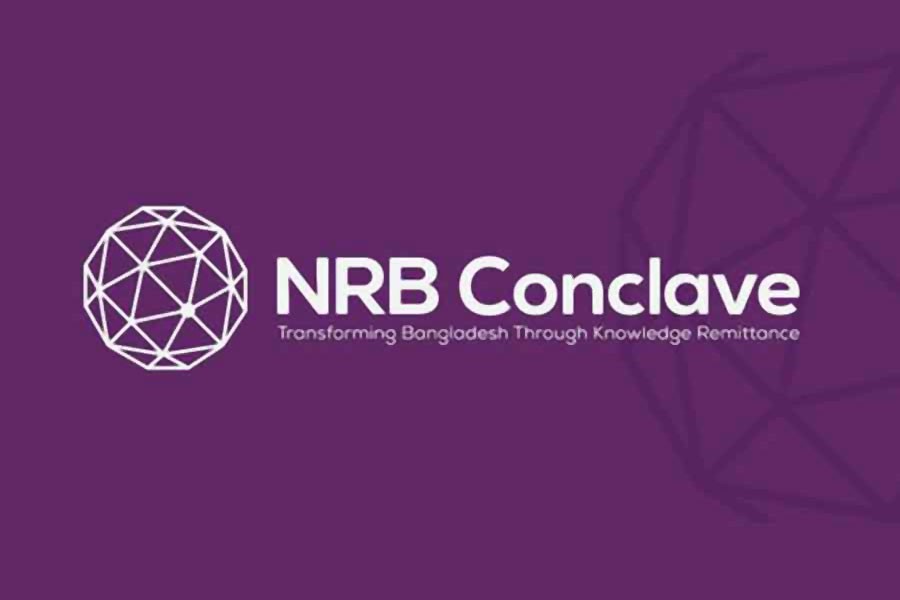Referring to the non-resident Bangladeshis' (NRBs) contribution to the country's economy, speakers at a programme on Saturday said NRBs will return to the country with knowledge and investment if congenial and enabling environment is created for them.
They also said currently, there are a large number of sectors in the country where NRBs can engage themselves with innovative ideas and investments covering the areas including agriculture, health, education and specially IT that roughly covers every other sector.
The views were expressed at the first ever 'NRB Conclave' with theme 'Transforming Bangladesh through Knowledge Remittance' organised by Bangladesh Brand Forum (BBF) at a hotel in the city's Khilkhet.
The programme was addressed by Bangladesh Investment Development Authority (BIDA) executive chairman Kazi M Aminul Islam, Bangladesh Bank (BB) chief economist Faisal Ahmed, London School of Economics governor and visiting professor-in-practice Lutfey Siddiqi, ACI Ltd managing director Dr Arif Dowla, and BBF founder and managing director Shariful Islam.
Speaking at the programme, BIDA executive chairman said despite multidimensional development in the country including decent lifestyle and increased purchasing power parity (PPP), knowledge poverty is still a big concern where NRBs have large scope to contribute.
He said, "Previously, there was some oversight in the line of thought about NRB's repatriation, and the belief need to be changed that the NRBs will return to the country only due to patriotism or emotional reason."
Emphasising on developing a model system to bring back the NRBs, Mr Islam said NRBs will come to the country with investments if an environment is created where possibility of making success would be higher.
He also informed that the government has been discussing to make a policy to create funds for young entrepreneurs and encouraging venture capitals.
The central bank chief economist said Bangladesh has been witnessing transformation in four major areas - organisation, industry, demography and technology - of which demography is the only unique thing about Bangladesh comparing to other developing countries.
Bangladesh enjoys a unique facility called as 'demographic dividend' with the presence of a huge working population.
He said Bangladesh has been seeing resilient economic growth in the last two decades that largely happened because of remittances sent by the NRBs and manufacturing base in the country.
Mr Ahmed said domestic savings rate is quite higher at 30 per cent of the GDP currently because of the contribution of the NRBs.
NRBs will make investments in the country having appropriate environment, he said adding, "We may have many frustrations, but I think it will turn into inspiration for us one day."
Talking about risks of NRB investments in Bangladesh, ACI Ltd managing director said, "Most of the risks about Bangladesh are highly exaggerated, we always focus on small things, apart from these, there are so much opportunities which can be used through innovations."
NRBs should start with small investment concentrating on specific sectors to gain initial success, he added.
However, terming the young generation very energetic and potential, he said, "NRBs should link with the youths of the country because they are waiting for the information you (NRBs) have to disclose."


